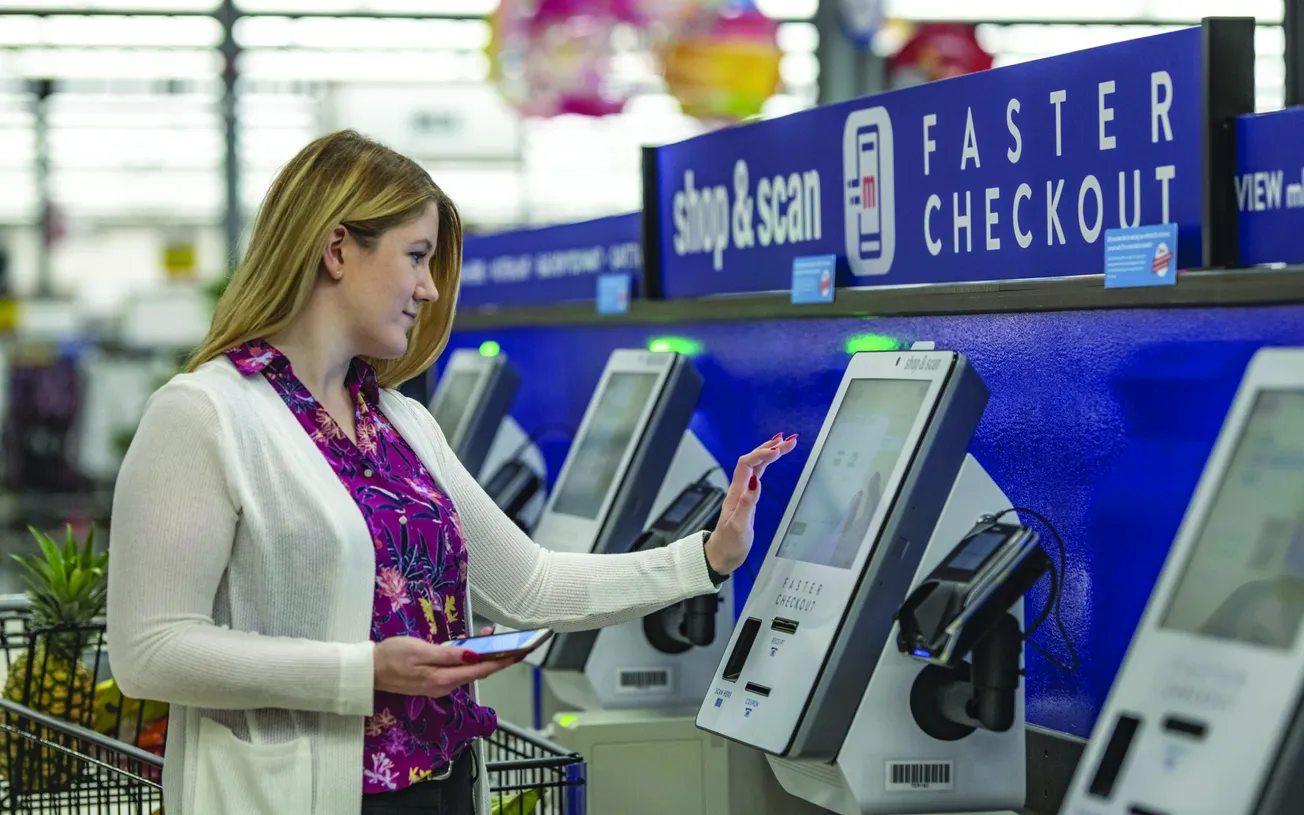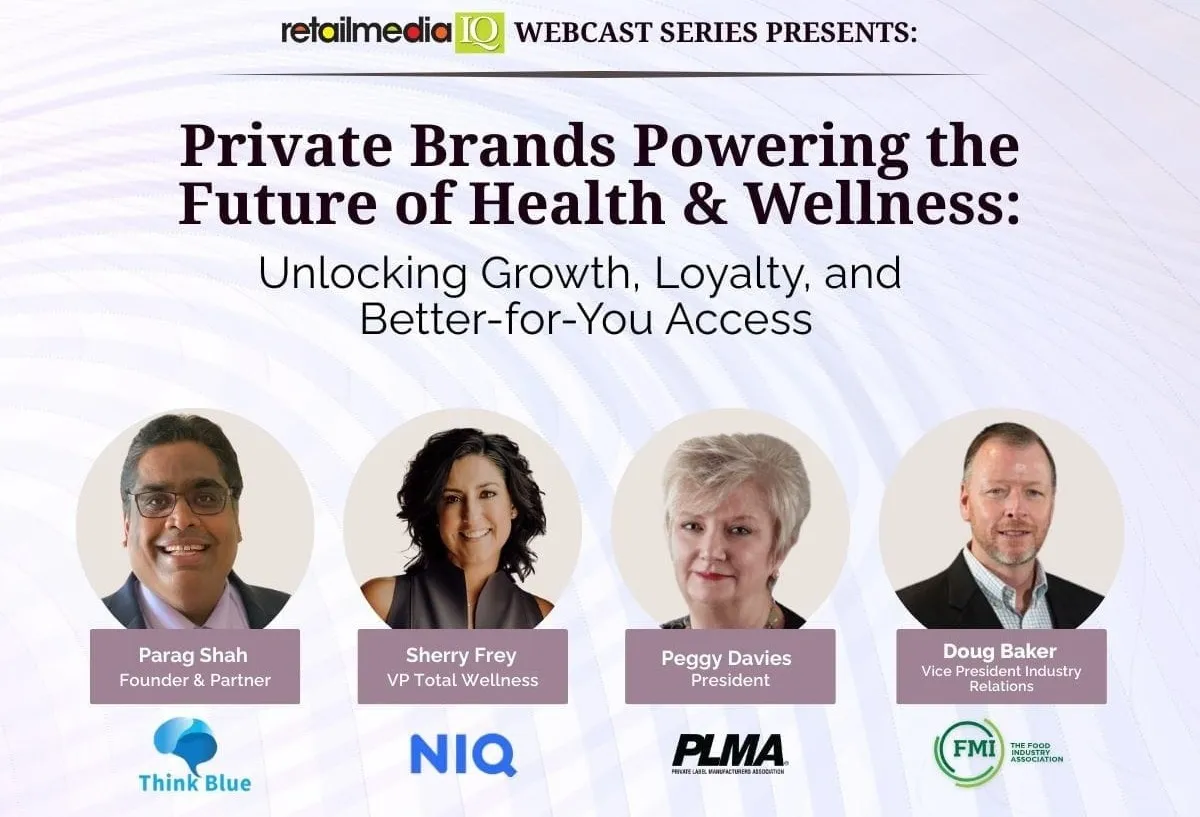By Audrey Depraeter-Montacel
Engaging with each individual consumer is more important than ever. It’s no longer enough to offer a wide choice of products and services in the hope that something sparks an interest and gets added to the shopping cart.
In fact, too much choice and information could result in the exact opposite.
According to an Accenture report, “The Empowered Consumer,” retailers and brands have inadvertently created a cacophony of choice that could result in lost revenue. The report highlights how the issue of “information overload” — the result of the sheer number of choices, messages, ads and claims consumers now face — is leading to almost three-quarters (74%) of consumers abandoning their purchases completely.

Although abundant information and endless options may seem like a good thing, it can mean that consumers have to spend more time and effort deciding what to buy, and often end up feeling overwhelmed.
Consumers facing information overload
In the last three months of 2023, almost three-quarters (74%) reported being inundated by too much choice, and a slightly higher number (75%) reported feeling bombarded by advertising.
The report also highlighted a growing need for fact-based information. For example, online searches for the terms “expert” or “dermatologist” in relation to beauty products had jumped up by 69% since 2020.
It also showed consumers were 1.73 times as likely to buy more if they realized something new about their needs or their goals. And those who felt the “joy of discovery” were 1.5 times as likely to recommend the brand they chose.
For retailers and brands, this means engagement strategies will be far more dependent on granular insights from their consumer data and analytics. That means taking a deeper look into the intricacies of each individual person — their current outlook, hopes for the future, income trajectory and the overall impact this will have on their shopping behavior.
Enter GenAI
Harnessing new and emerging technologies, such as the transformative power of generative AI, is among the ways retailers can reduce the “noise” around decision making and increase engagement, loyalty and sales in the process.
For instance, GenAI can act as a shopping advisor — think of it as a “sales advisor by your side” throughout the purchasing journey — providing recommendations based on what a customer cares most about in the moment from pricing and nutritional information to whether an item has been ethically sourced.
This will come as welcome news to the six in 10 consumers who find it difficult to evaluate a product’s credentials at the point of purchase in store. So much so that 78% are unsure whether a product will even deliver on its promises.
From discovery to purchase to loyalty
GenAI can also help consumers discover, find and buy items based on need in a more human and natural way. For example, “I need shampoo” versus “What shampoo can I use on long curly hair that costs less than $10.”
This becomes even more powerful when recommendations are linked to inventory that’s in-stock and ready to be added to the shopping cart. It also provides opportunities to deliver new selling and loyalty programs — e.g., hair care guides, special events and so on.
The big opportunity here is that retailers can keep the consumer within their brand experience, so that they don’t go out to the wider internet for inspiration. It also means they can get more insight into their existing customer base for selling and loyalty programs.
Enhancing customer
experiences
There is also an opportunity to bring GenAI-powered into the product discovery phase of the shopping experience. It’s what Bath & Body Works is looking to do with the development of digital Fragrance Finder, a GenAI-powered conversational experience to help customers find the prefect fragrance tailored to their individual preference.
Early-mover advantage key to staying ahead
The above example shows how GenAI is opening up new opportunities for retailers achieving the ambition of transforming how customers think about their brands.
However, this is a very fertile and fast-moving space, and those that watch and wait are unlikely to catch up. Early movers already have the advantage, with Accenture analysis showing they are 3.7 times more likely to use GenAI to identify new and unmet needs.
It means making sure the technology is used responsibly by design and that guardrails are in place for acquiring, refining and deploying data. It also means thinking through cybersecurity operations and making certain that regulatory and privacy risks are fully considered throughout.
Retailers who get that right are poised to reap the greatest rewards.
Audrey Depraeter-Montacel is global lead for Accenture’s Beauty practice.





